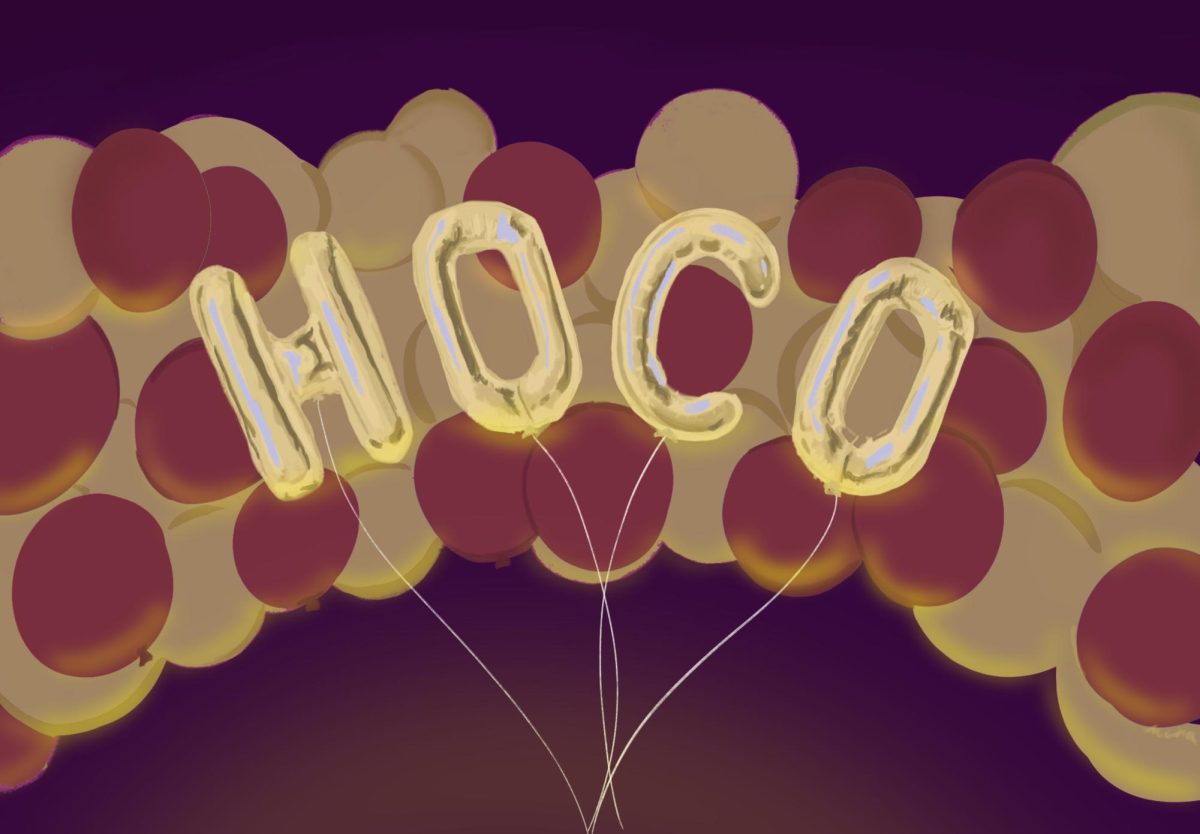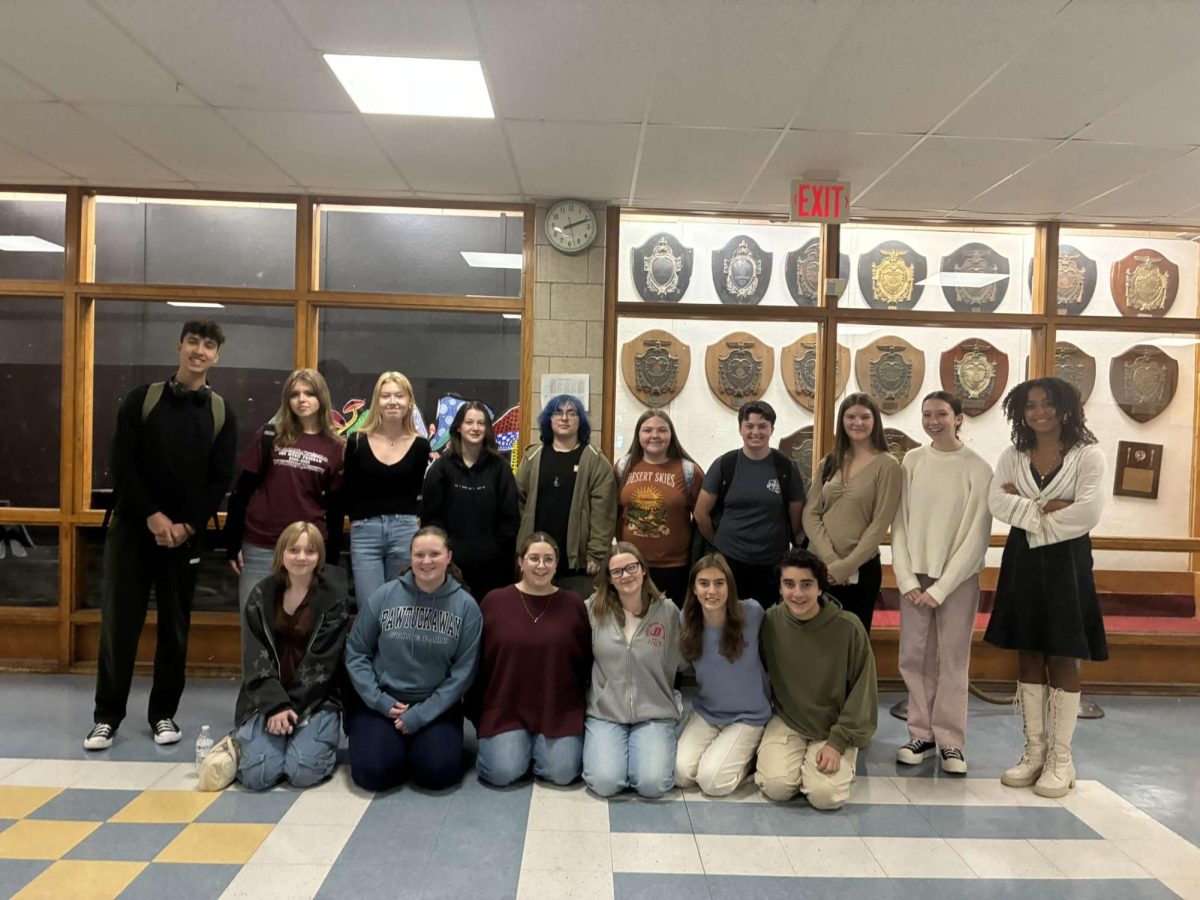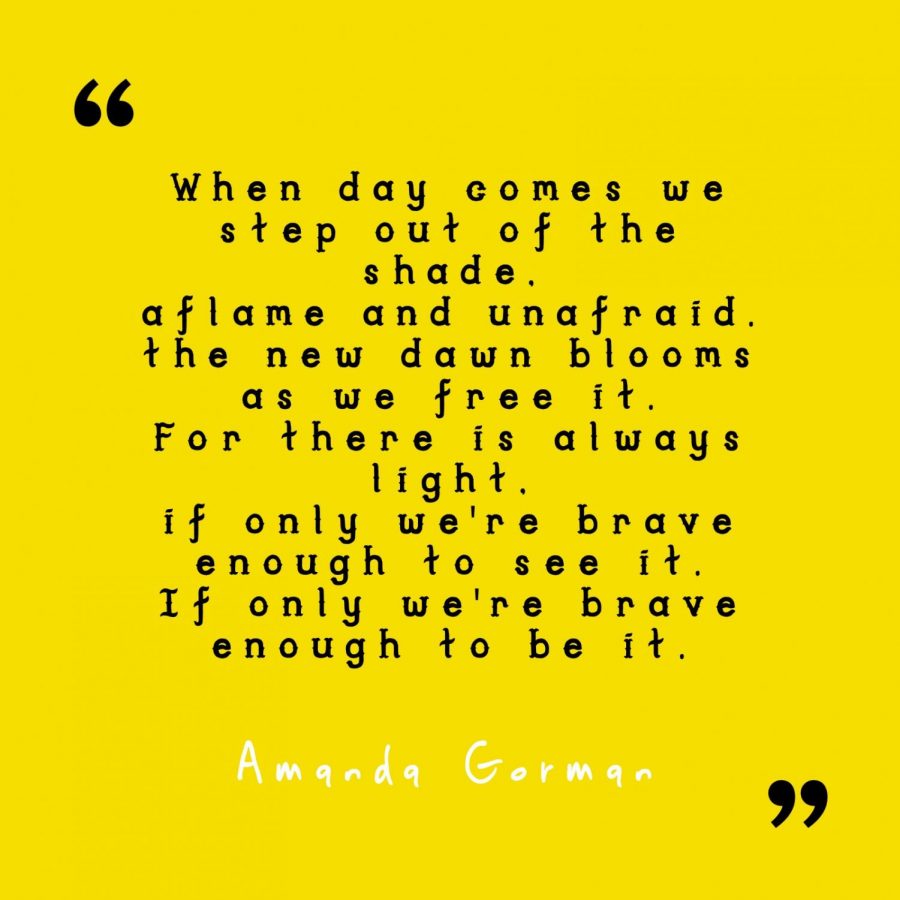In Appreciation of “The Hill We Climb”
Reflecting on the words of Amanda Gorman
January 25, 2021
Amanda Gorman, first National Youth Poet Laureate, instituted herself as a household name with her eloquent performance at Wednesday’s inauguration. Her strength, as well as her authorial merit, made her work quite impossible to forget. And I found the thoughts she shared after the ceremony equally valuable.
In an interview with Anderson Cooper, Gorman reflected on the philosophical foundation which guides her as a writer, and which inspired her to write “The Hill We Climb”.
“To me, words matter,” she said, “and I think that’s what made this inauguration that much more sentimental and special. We’ve seen over the past few years the ways that the power of words has been violated and misappropriated, and what I wanted to do was to kind of reclaim poetry as that site in which we can can kind of re-purify, re-sanctify, not only the Capitol building which we saw violated, but the power of words.”
“Words matter.” She’s right of course, and in a world of speed and social media, of global connection and cultural consumerism, Gorman’s precise skill and deliberate poetic voice provided a sense of hope and reassurance to an ailing nation. Each word so carefully selected, each stanza delicately constructed, the well-placed allusions and compelling rhythmic patterns provided a refreshing and poignant reprieve from a standard of rhetoric rife with division.
When I started writing this piece, I debated a straight news angle – covering the recitation – a feature on inaugural poets, and an analysis of the poem itself. In the end though, I realized that sometimes the most meaningful way to interact with a piece of writing is simply to dwell with it.
So while Gorman waxes on about the power of words, take a moment to dwell on the power of hers. Here’s ‘The Hill We Climb”:
“The Hill We Climb”
When day comes, we ask ourselves where can we find light in this never-ending shade?
The loss we carry, a sea we must wade.
We’ve braved the belly of the beast.
We’ve learned that quiet isn’t always peace,
and the norms and notions of what ‘just’ is isn’t always justice.
And yet, the dawn is ours before we knew it.
Somehow we do it.
Somehow we’ve weathered and witnessed a nation that isn’t broken,
but simply unfinished.
We, the successors of a country and a time where a skinny Black girl descended from slaves and raised by a single mother can dream of becoming president, only to find herself reciting for one.
‘Never been more optimistic’: speeches, songs and celebrations cap Biden’s inauguration day – as it happened
And yes, we are far from polished, far from pristine,
but that doesn’t mean we are striving to form a union that is perfect.
We are striving to forge our union with purpose.
To compose a country committed to all cultures, colors, characters, and conditions of man.
And so we lift our gazes not to what stands between us, but what stands before us.
We close the divide because we know, to put our future first, we must first put our differences aside.
We lay down our arms so we can reach out our arms to one another.
We seek harm to none and harmony for all.
Let the globe, if nothing else, say this is true:
That even as we grieved, we grew.
That even as we hurt, we hoped.
That even as we tired, we tried.
That we’ll forever be tied together, victorious.
Not because we will never again know defeat, but because we will never again sow division.
Scripture tells us to envision that everyone shall sit under their own vine and fig tree and no one shall make them afraid.
If we’re to live up to our own time, then victory won’t lie in the blade, but in all the bridges we’ve made.
That is the promise to glade, the hill we climb, if only we dare.
It’s because being American is more than a pride we inherit.
It’s the past we step into and how we repair it.
We’ve seen a force that would shatter our nation rather than share it.
Would destroy our country if it meant delaying democracy.
This effort very nearly succeeded.
But while democracy can be periodically delayed,
it can never be permanently defeated.
In this truth, in this faith, we trust,
for while we have our eyes on the future, history has its eyes on us.
This is the era of just redemption.
We feared it at its inception.
We did not feel prepared to be the heirs of such a terrifying hour,
but within it, we found the power to author a new chapter, to offer hope and laughter to ourselves.
So while once we asked, ‘How could we possibly prevail over catastrophe?’ now we assert, ‘How could catastrophe possibly prevail over us?’
We will not march back to what was, but move to what shall be:
A country that is bruised but whole, benevolent but bold, fierce and free.
We will not be turned around or interrupted by intimidation because we know our inaction and inertia will be the inheritance of the next generation.
Our blunders become their burdens.
But one thing is certain:
If we merge mercy with might, and might with right, then love becomes our legacy and change, our children’s birthright.
So let us leave behind a country better than the one we were left.
With every breath from my bronze-pounded chest, we will raise this wounded world into a wondrous one.
We will rise from the golden hills of the west.
We will rise from the wind-swept north-east where our forefathers first realized revolution.
We will rise from the lake-rimmed cities of the midwestern states.
We will rise from the sun-baked south.
We will rebuild, reconcile, and recover.
In every known nook of our nation, in every corner called our country,
our people, diverse and beautiful, will emerge, battered and beautiful.
When day comes, we step out of the shade, aflame and unafraid.
The new dawn blooms as we free it.
For there is always light,
if only we’re brave enough to see it.
If only we’re brave enough to be it.
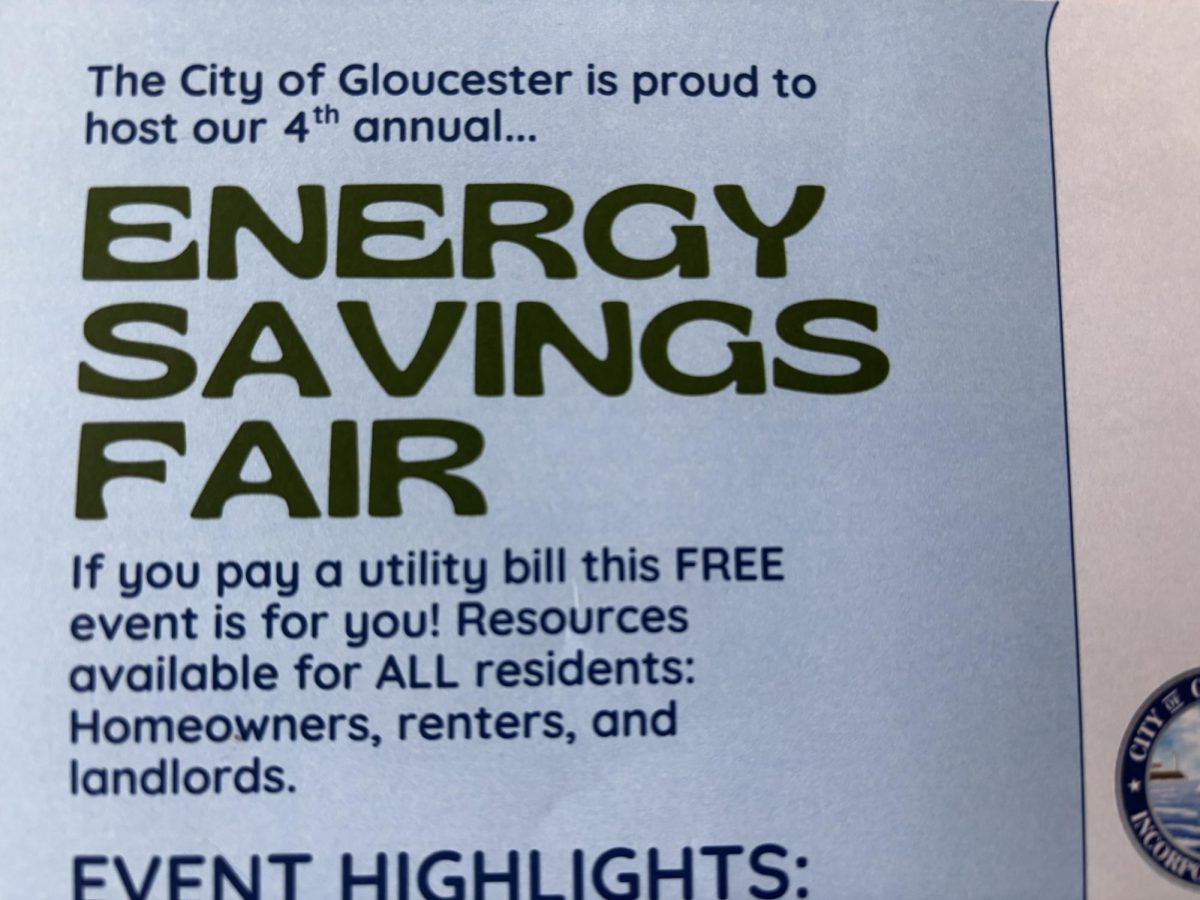
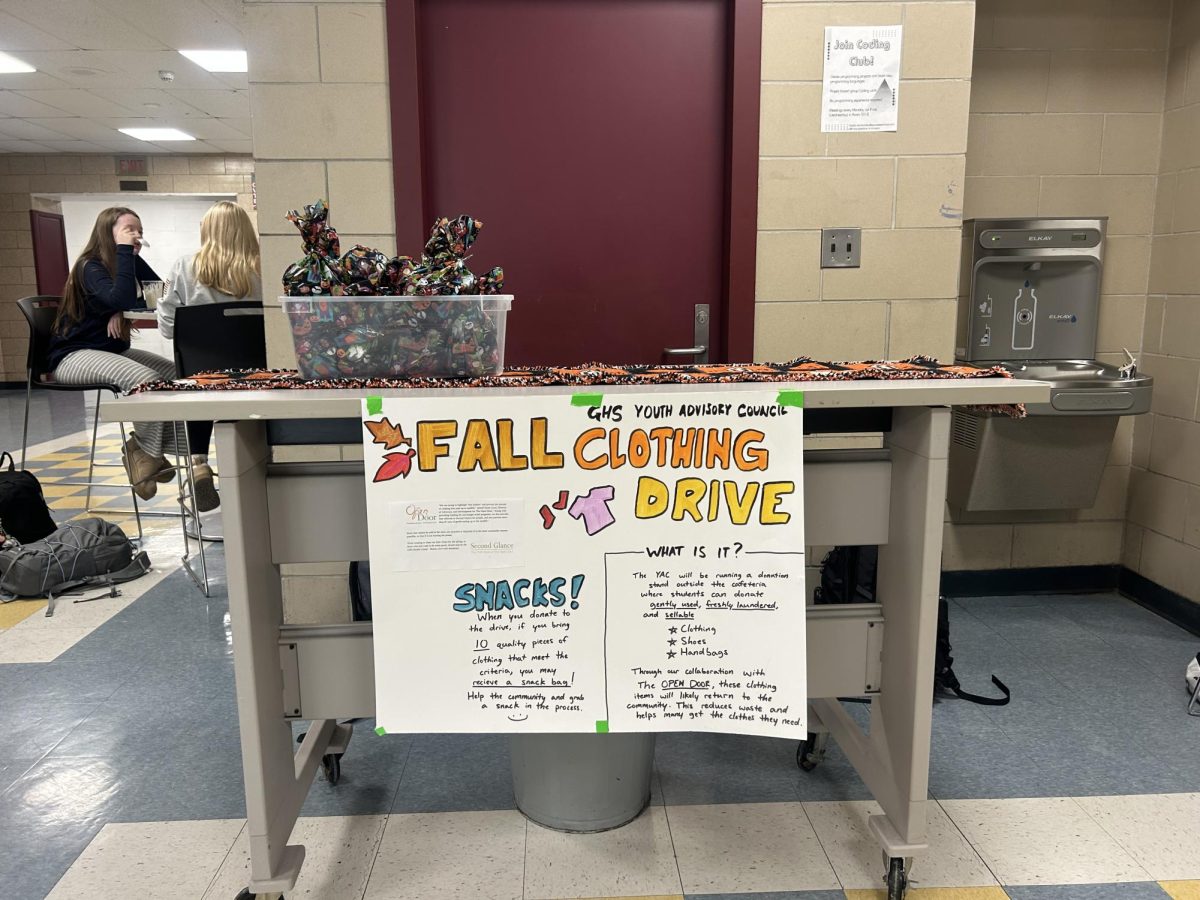
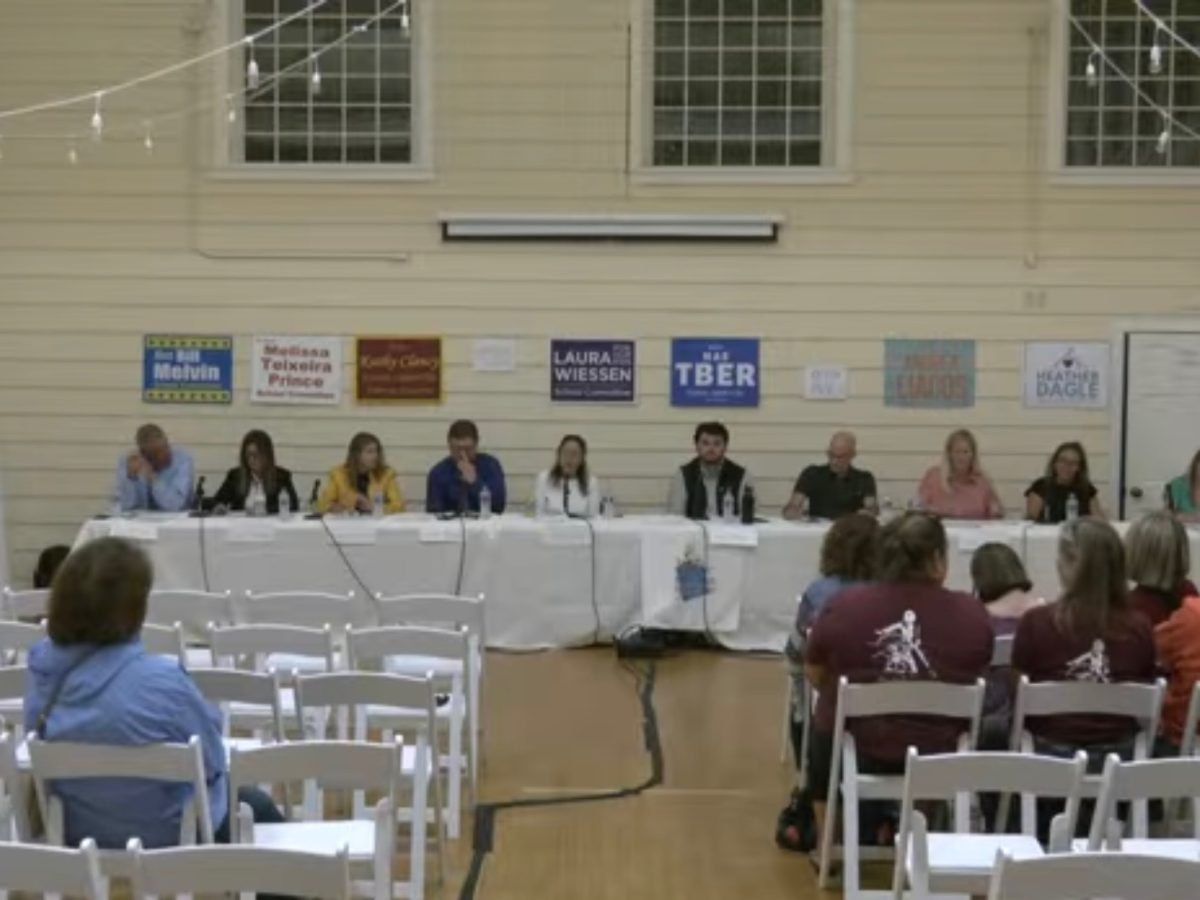







![The Volleyball team poses after their win. [Photo courtesy of GHS Volleyball]](https://thegillnetter.com/wp-content/uploads/2025/10/IMG_6936.jpg)
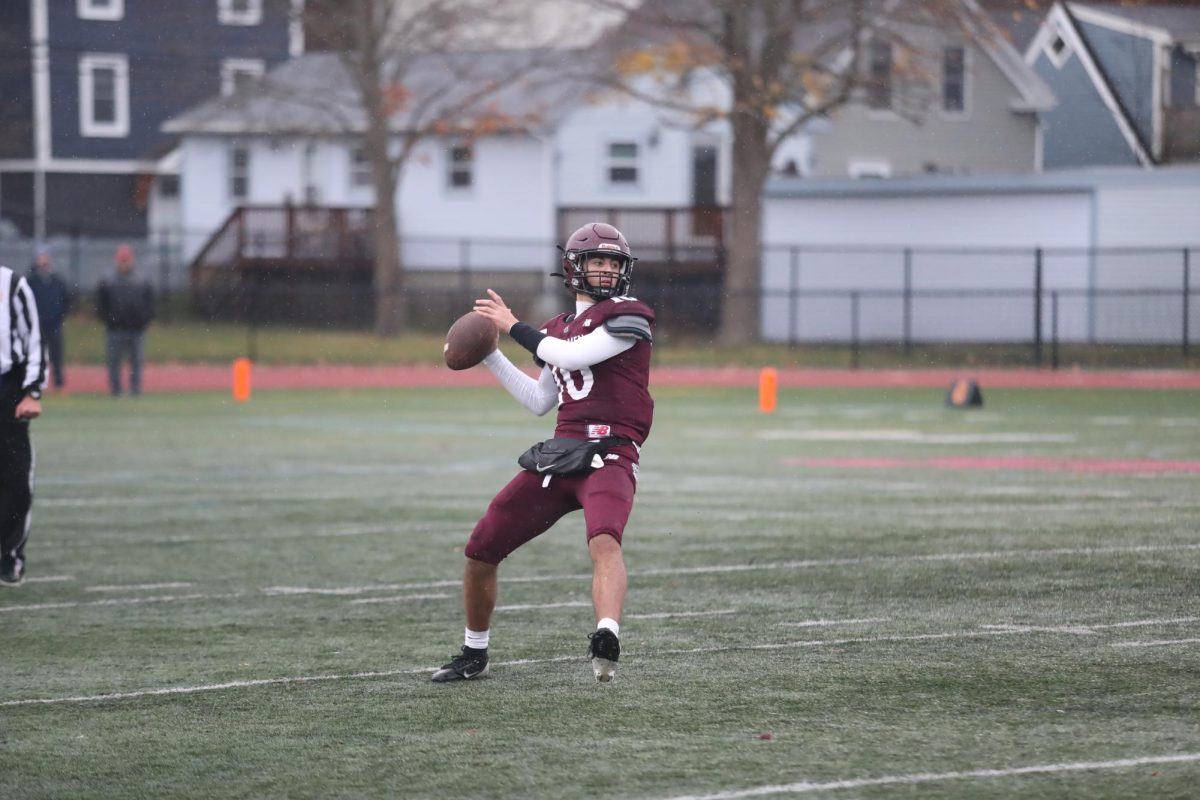


![The GHS/MERHS senior cross country runners pose together on Senior Night. [Photo courtesy of Manchester-Essex Athletics]](https://thegillnetter.com/wp-content/uploads/2025/10/Screenshot-2025-10-10-at-11.18.29-AM.png)

